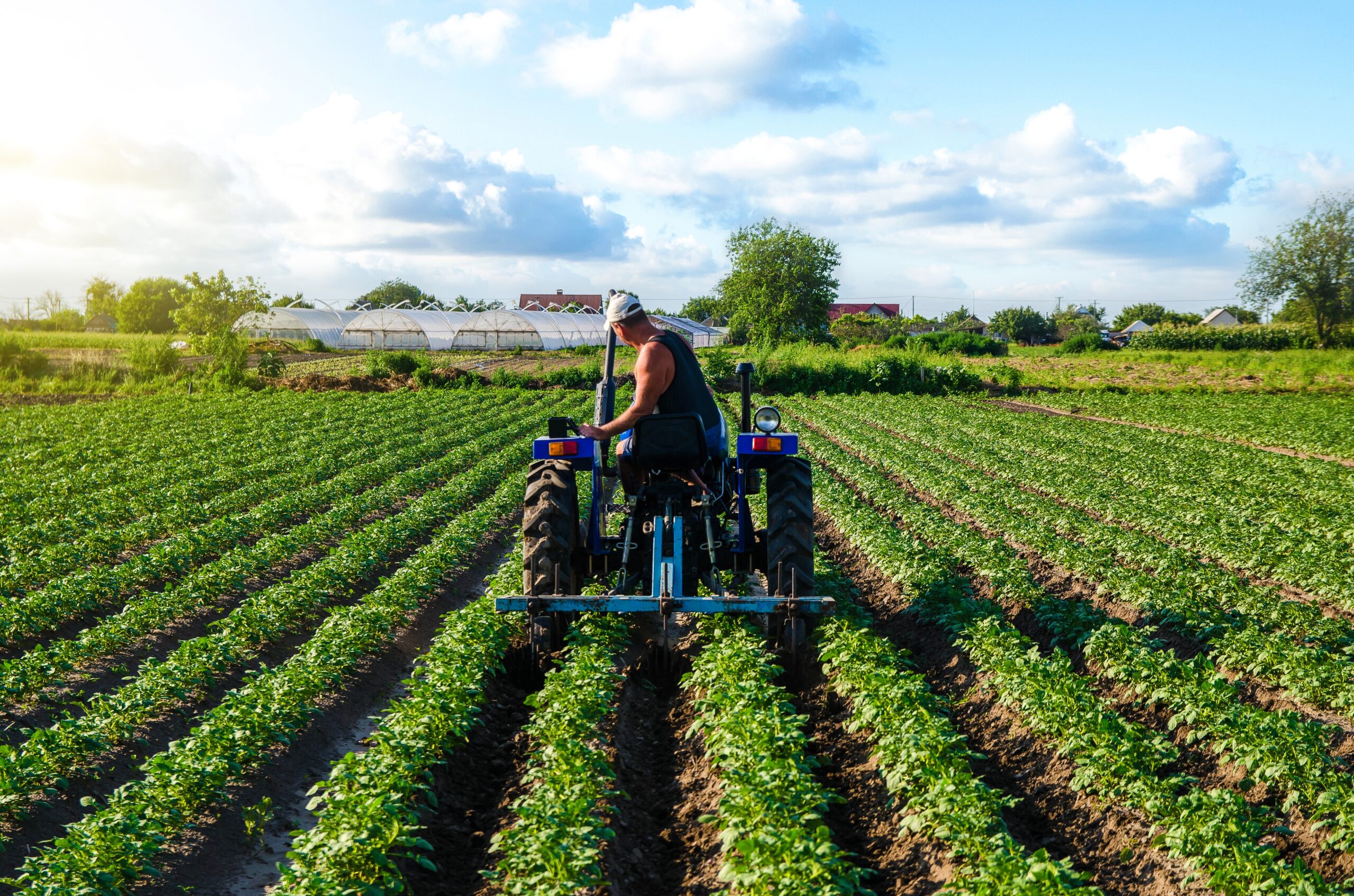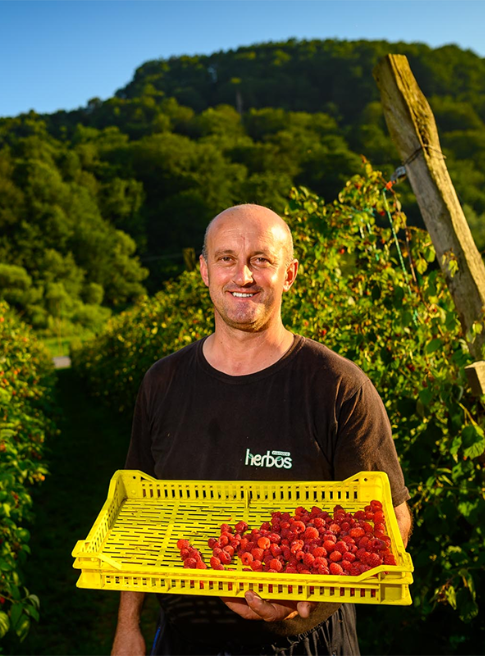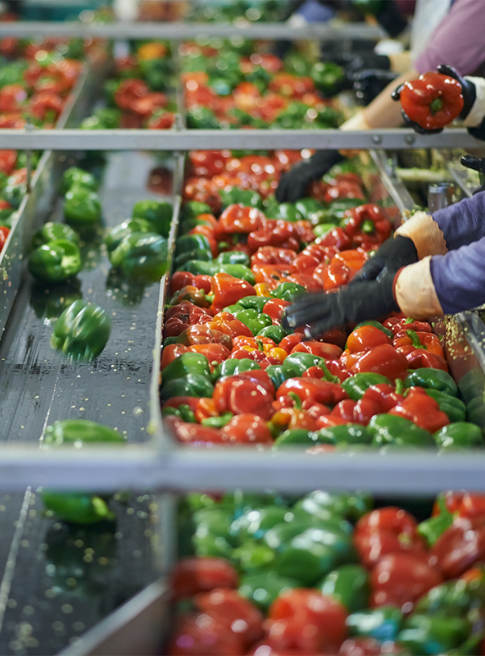
Rural communities are guardians of the natural environment and play a key role in Western Balkan economies.
As well as being an important economic sector in the Western Balkans, rural areas are also a core part of the identity of the region, providing food, homes, jobs and essential ecosytem services.
Preserving this rich rural envionment and way of life while making the sector more competititive is core to EU support to the region. The EU is behind scores of projects supporting sustainable rural areas.
Agriculture and rural areas in the Western Balkans face a number of challenges. On the one hand, there is a need to invest significant effort and resources in adaptation to EU standards and rules, in light of future accession to the EU and the need to be capable of facing the single market with its competitive agriculture and agri-food sector. This requires continuous restructuring of farms and enterprises involved in the processing and marketing of food products.
On the other hand, there is a need to respond to the same challenges as those faced by EU partners: building competitive and sustainable farming, able to respond to environmental and climate-related challenges, strengthening its resilience and adaptation capacities. The Western Balkans have to strengthen their effort to make rural areas sufficiently attractive as a place to live and work and to avoid a brain drain of young people leaving rural areas for the cities of the region or beyond.
To achieve this objective, investments in skills building, the digitalisation of rural business and areas, diversification of activities, provision of basic services in rural areas and upgrading of rural infrastructure are necessary. These priorities cannot be implemented without taking care of the natural environment, which is key for the agricultural activities which represent farming communities’ livelihood, but also for creating healthy and sustainable rural areas.
These objectives reflect the objective of the EU Common Agricultural Policy to ensure a fair standard of living for farmers and provide a stable and safe food supply at affordable prices for consumers, while meeting high environmental and animal welfare standards. Like EU Member States, candidate countries will also have to ensure their farming sectors’ contribution to the Green Deal and Green Agenda objectives aimed at promoting the use of sustainable farming methods and ensuring the transition towards a fair, healthy and environmentally-friendly food system.


The EU provides support in the form of IPARD (instrument for pre-accession assistance for rural development) funding to the Western Balkans partners in the field of agriculture and rural development.
Four Western Balkan partners – Albania, Montenegro, North Macedonia, and Serbia – receive EU financial and technical support through the IPARD programmes. All projects are co-financed from the national budgets, and private recipients must provide their own financial contribution to the investment projects supported. IPARD provides support for farmers, agri-food sectors, and small and medium-sized enterprises, and pays particular attention to supporting young farmers and women.
Ongoing support
EU support to rural development and agriculture in the region is wide-ranging and centres on:
Investment in physical assets – Grants mostly for investments in machines and farm buildings, but also in processes, such as those related to manure handling and providing renewable energy on farms. These also include measures supporting agri-food processing, and rural business development and diversification, such as rural tourism.
Upgrading public infrastructure – The large scope of IPARD allows candidate countries to use this financial support for building and upgrading public rural infrastructure.
Development of strategies – “Implementation of local development strategies – LEADER approach” finances local action groups implementing bottom-up local development strategies encouraging communities to get involved in the development of their local areas.
Please wait while your video is being uploaded...
Don't close this window!